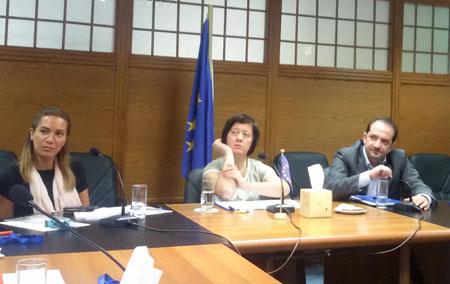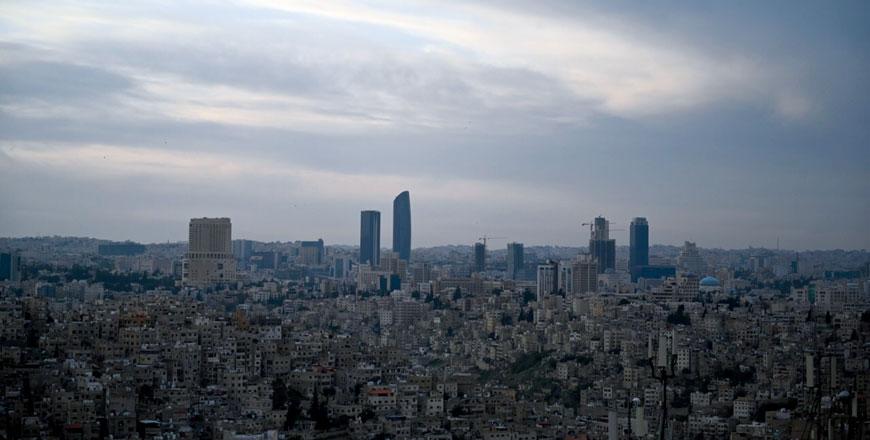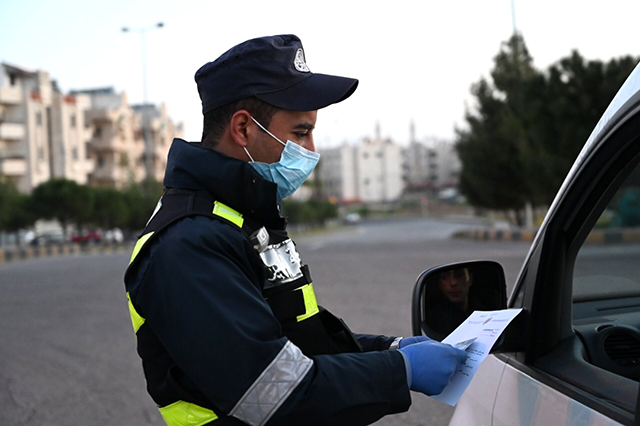You are here
3 out of 4 youth see future as ‘bright’
By Ana V. Ibáñez Prieto - Nov 30,2017 - Last updated at Nov 30,2017
AMMAN — Twenty eight per cent of Jordanian youth will emigrate in the future, according to the Jordan country report on the MENA Youth Survey of 2016 published by the Friedrich Ebert Foundation (FES) in Amman on Tuesday.
However, the report showed that the Jordanian youth’s desire to leave the country contradicts their views over their own future and the future of the society, which was perceived as “bright” by three out of four participants in the study.
The presentation of the results was attended by Ministry of Youth official Serene Nabbas, who pointed out that “the media glorifies Europe and the western world, making the youth believe that they will find a better future there, but they end up facing a worse situation when they leave their home country.”
She stressed the issue of unemployment, calling on companies to start offering more jobs to recent graduates to “stop this pattern”.
Hala Abu Hamour, another official at the ministry, highlighted that “youth represent a very large segment of the Jordanian society, increased by the amount of refugees the country has been absorbing after the start of the Syrian crisis.”
“The conflict has affected the Jordanian youth, and the ministry has had to increase its effort to support both Jordanian and non-Jordanian girls and boys,” she pointed out.
The findings of the survey, which covered 500 males and 500 females between the ages of 18 and 30, were outlined by Amal Abu Jeries, programme manager at FES, founder of the Phenix Centre for Economic and Informatics Studies Ahmad Awad, and Leipzig University researcher, David Kreuer.
The participants cited “absence of violence” as the most important right they personally valued, followed by “securing basic needs” and “freedom of opinion and speech”.
Asked whether the state could provide the selected three rights, responses were mainly affirmative, while freedom in electing political leaders and freedom of assembly were ranked with the lowest affirmation.
However, only 14 per cent of the respondents considered themselves “rather” or “very interested” in politics, while 8 per cent of the youth said they were “actively interested” in politics.
Sixty-three per cent of the male youth and 70 per cent of the girls expressed their wish for a larger role of Islam in their daily life, while less than 10 per cent preferred a smaller role.
With respect to the availability of money and job opportunities, 79 per cent of the respondents considered the economic situation of their family “rather good” or “very good”, while their personal economic situation was considered a bit less satisfying with 71 per cent seeing it as “rather good” or “very good”.
However, only 45 per cent of the respondents claimed high or very high job satisfaction, and 23 per cent expressed low job satisfaction.
Related Articles
AMMAN — Young Jordanians are ambitious, dynamic and with relentless determination especially when it comes to education and future job oppor
AMMAN — In a survey focused on the repercussions of the coronavirus crisis on economic conditions in the Kingdom, 8.7 per cent of respondent
AMMAN — A quantitative survey study, targeting civil society institution leaders in Jordan as well as local community and national activists


















